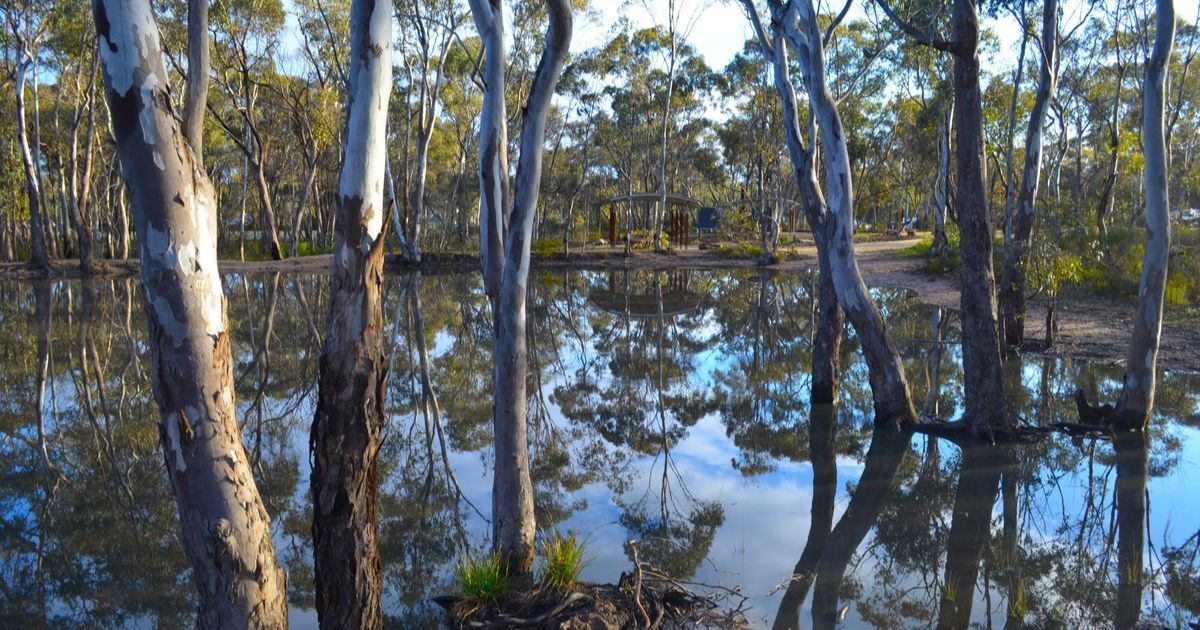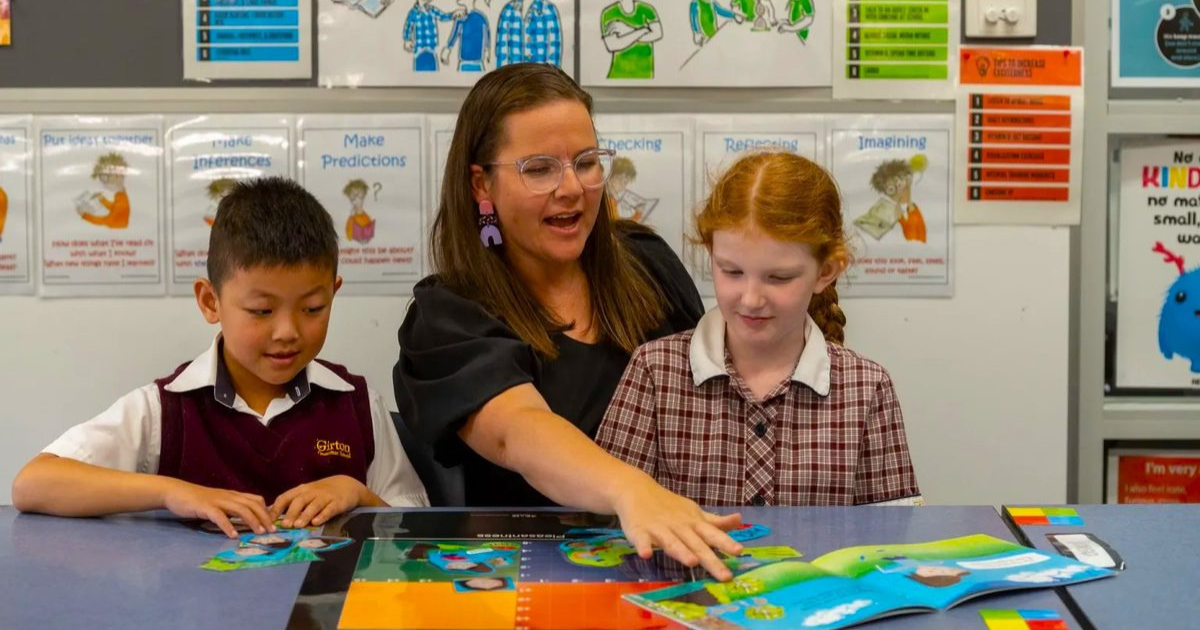Mass planting accelerates reserve rejuvenation

Restore and repair: This round of planting took place on a previously desolate and damaged half-hectare slope within the Reserve. Photos: ADAM CARSWELL
A COMMUNITY effort last Sunday saw two thousand eucalypts, acacias, shrubs and native grasses dug into the ground at the Riley Street Natural Reserve in East Bendigo.
The sixteen hectare former gold mine, rubbish tip and gravel-making quarry has undergone an ongoing restoration project over the past four years with extensive weeding efforts and existing vegetation complemented by mass planting.
The partnership between the City of Greater Bendigo and the Friends of Riley Street Natural Reserve volunteer group has also constructed several ponds, which are now home to threatened fish species including the Southern Purple Spotted Gudgeon and the Olive Perchlet.
The Purple Spotted Gudgeon was thought to be extinct in Victoria until 2019 when it was re-discovered near Kerang.
Meanwhile, Olive Perchlet were once widespread throughout the Murray-Darling but suffered serious decline and until 2022 were last spotted in 1929, then officially declared extinct in Victoria in the 1980s.
Other wildlife has also returned during the project’s duration such as the Yellow Tailed Black Cockatoo, the Eastern Banjo Frog, the Sacred Kingfisher, plus possums and sugargliders.
This round of planting took place on a previously desolate and damaged half-hectare slope within the reserve.
City of Greater Bendigo park ranger Ami Greenfield, who supervised the planting alongside colleague Dakoda McLennan, said unlike today, when the project began the site was “in a bad way.”
“The main problem was that a lot of people were (discarding) their rubbish there,” she said.
“It was known as a dumping ground and (at the start) we pulled out 12 to 15 mattresses.”
She said since then the contribution of the Friends of Riley Street volunteer group has been invaluable in reinventing the surrounds.
“(The City’s) biodiversity strategy is to get the community involved and they’re great,” she said.
“I’ve got so much time for them – they’re my eyes and ears on the ground.”
Ms Greenfield said Ken Wellard, the owner of Neangar Nursery in Eaglehawk has also played an essential role.
“We get Ken to put together all of the mixed trays for us so they’re ready to go and we can hand them to our volunteers and they can sort themselves out,” she said.
“We buy a lot of stuff from Ken because his plants are really good quality and he knows what we want and he grows that for us.”
The Friends of Riley Street Natural Reserve group had its beginnings in 2019 and since then has been pivotal in helping to restore the site.
Its vision is to transform the area into a native nature corridor, providing refuge for wildlife and helping mitigate urban heat by introducing urban forests.
It holds regular working bees at Riley Street and other locations, as well as occasional educational and family-friendly events.


















